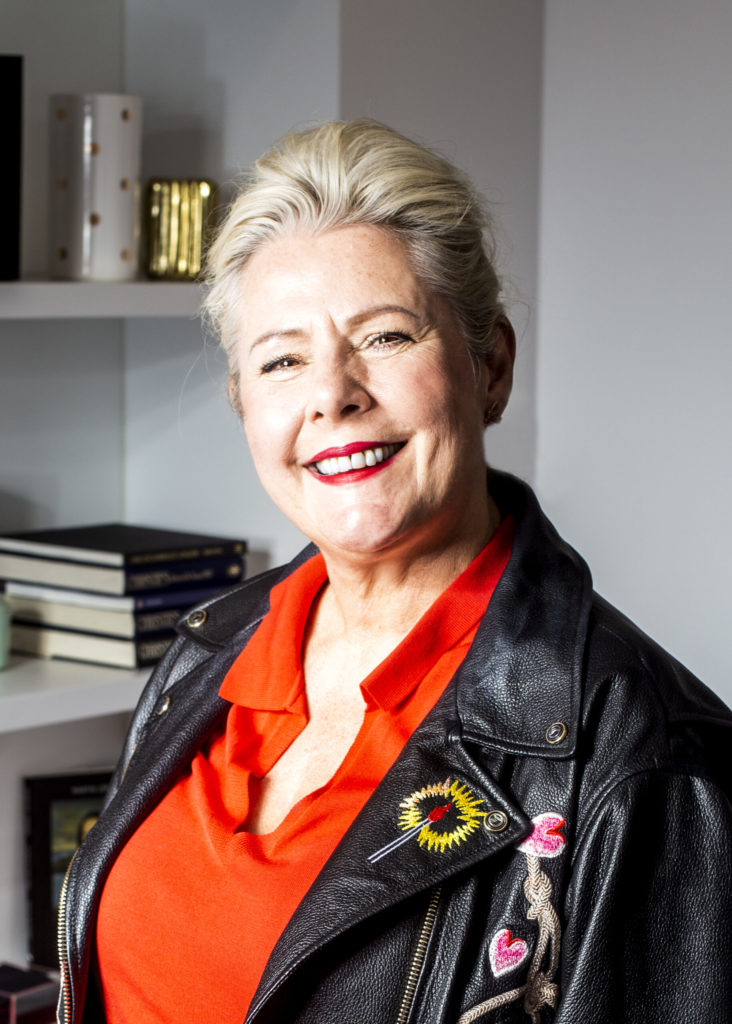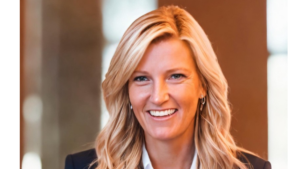By Mary Keane-Dawson, Group CEO of TAKUMI
96 days. That’s how long retail and hospitality brands have had their doors shut this year. It’s staggering when you put it in those terms.
Never before have so many shops had to close their shutters and wait for the Government’s permission to welcome customers into their store.
How retail and hospitality brands have adapted
Unfortunately, many retail and hospitality brands have had to adapt to the stop-start trading caused by the pandemic.
After all, the third lockdown only became the longest in the second week of April. The first lockdown clocked in at 92 days, while the second lockdown lasted for November.
This means that many retail and hospitality brands have been closed for 56% of trading days since the first lockdown was announced on March 23rd.
The sheer length of the closures means that many brands in the most affected sectors are concerned about how the pandemic has impacted their relationship with their customers.
How brands have maintained connections with customers during the pandemic
Brand recognition and awareness are some of the most powerful tools to convince customers to return. But how have brands built their profile when they weren’t allowed to open? One way is via influencers.
The pandemic and the subsequent lockdowns have nullified traditional avenues of advertising, with photo shoots and filming largely off the cards, and OOH marketing less economically viable for brands with more people staying inside.
As a result, we’ve seen brands use content creators across social media to maintain connections with their customers when their physical stores have been closed and the public’s movement has been restricted.
Take Wickes’ ‘#MyWickesMyWay campaign, for example: the campaign – which ran across TikTok – allowed the brand to maintain its profile and boost its recognition during the pandemic.
The campaign – the first by a home improvement brand across TikTok – delivered over 612,600 views and 120,000 likes as well as a combined reach of 442,000 and engagement rate of 17.9%.
Consumers trust content creators
Part of the reason why the ‘#MyWickesMyWay campaign and other influencer-led campaigns have been so successful during the pandemic is the trust consumers have in content creators.
Our whitepaper, The realities of influencer marketing: TikTok and YouTube in focus, which surveyed over 2,000 consumers, marketers, and influencers across the UK, US and Germany, found that 37% of 16-24-year-olds trust a YouTube influencer more than a high-profile figure or celebrity.
Meanwhile on TikTok, almost a quarter (23%) of the same age group agreed they trust a TikTok influencer’s recommendation over that of a friend.
With this in mind, it’s little surprise that another recent TAKUMI whitepaper, Into the mainstream: Influencer marketing in society, which surveyed 3,500 consumers, marketers, and influencers across the UK, US and Germany, found that almost three-quarters of marketers (73%) have allocated more resources to influencers in the past 12-months, with spending particularly increasing in the retail (79%) sector.
And it’s clear that marketers are seeing results from their influencer-led campaigns, with 58% of marketers saying they are considering working with influencers on YouTube over the next year, followed by a further 55% on Instagram, 35% on TikTok, 20% on Twitch and 10% on Triller.
Given the length of the latest lockdown, retail and hospitality brands will be looking to attract consumers back to their stores and boost their brand awareness to pre-pandemic levels.
Due to the high level of trust placed in influencers and their creativity, they are well placed to execute both responsibilities.
How retail and hospitality brands can use influencers as we return to normal
Despite the relaxation of restrictions on 12th April, we are still nowhere near a return to normality. COVID-19 is still prevalent within society, and this fact may put off customers from entering a retail and hospitality store in the coming weeks.
At the end of the first lockdown, 60% of Brits said they were too scared to go to the pub, and if there is a similar level of trepidation this time, then retail and hospitality brands may struggle with trade over the next month.
This is where influencers can play an essential role in capturing the attention and spend of consumers online if they’re not willing to come into stores.
Brands have effectively done this over the lockdown, but will need to continue doing this even with society reopening. Social media platforms have responded to this rising demand – with Instagram remodelling its app to promote its shopping tab – and the trust placed in content creators means they are well placed to produce engaging, thoughtful content that captures consumers attention and boosts a brand’s recognition.
While many hospitality and retail brands will have been itching to open their doors on 12th April, they may find that consumers are still nervous about returning to stores given the experiences we’ve all had over the past 12-months. But trusted influencers can help brands entice them back to the high street with positive and engaging content.









